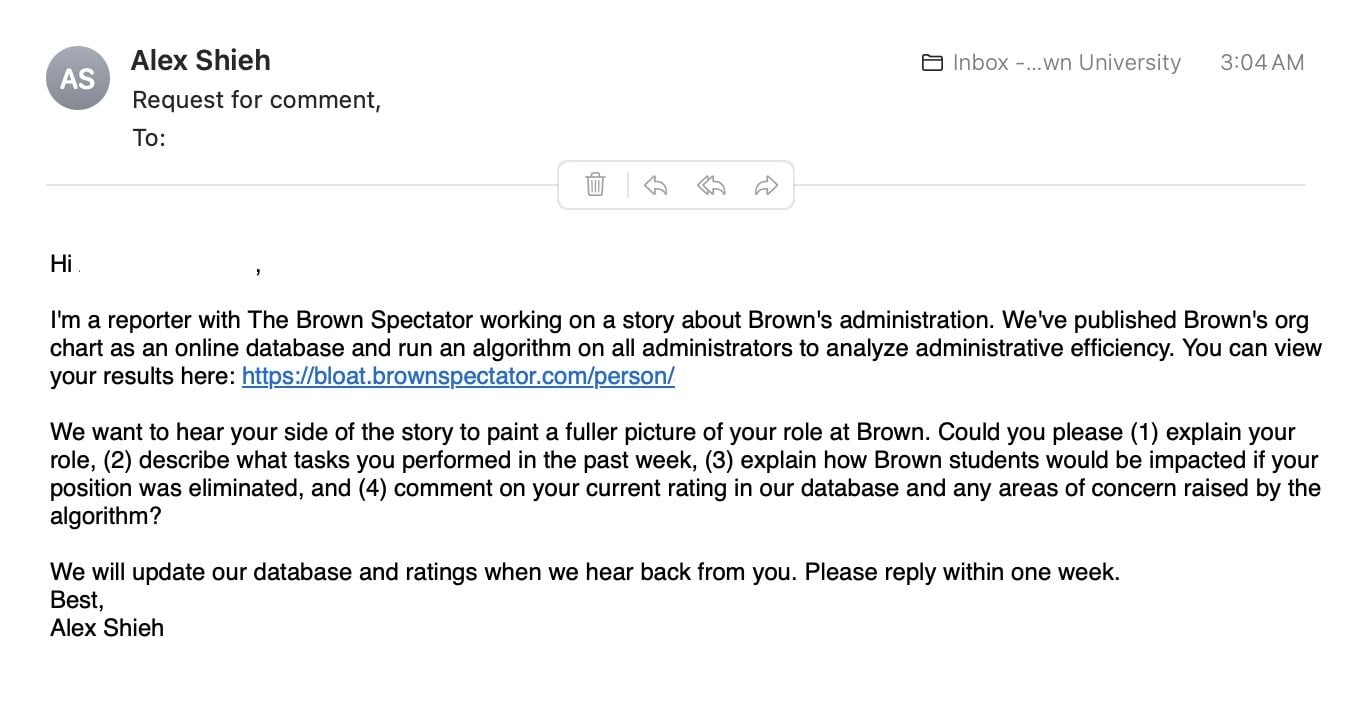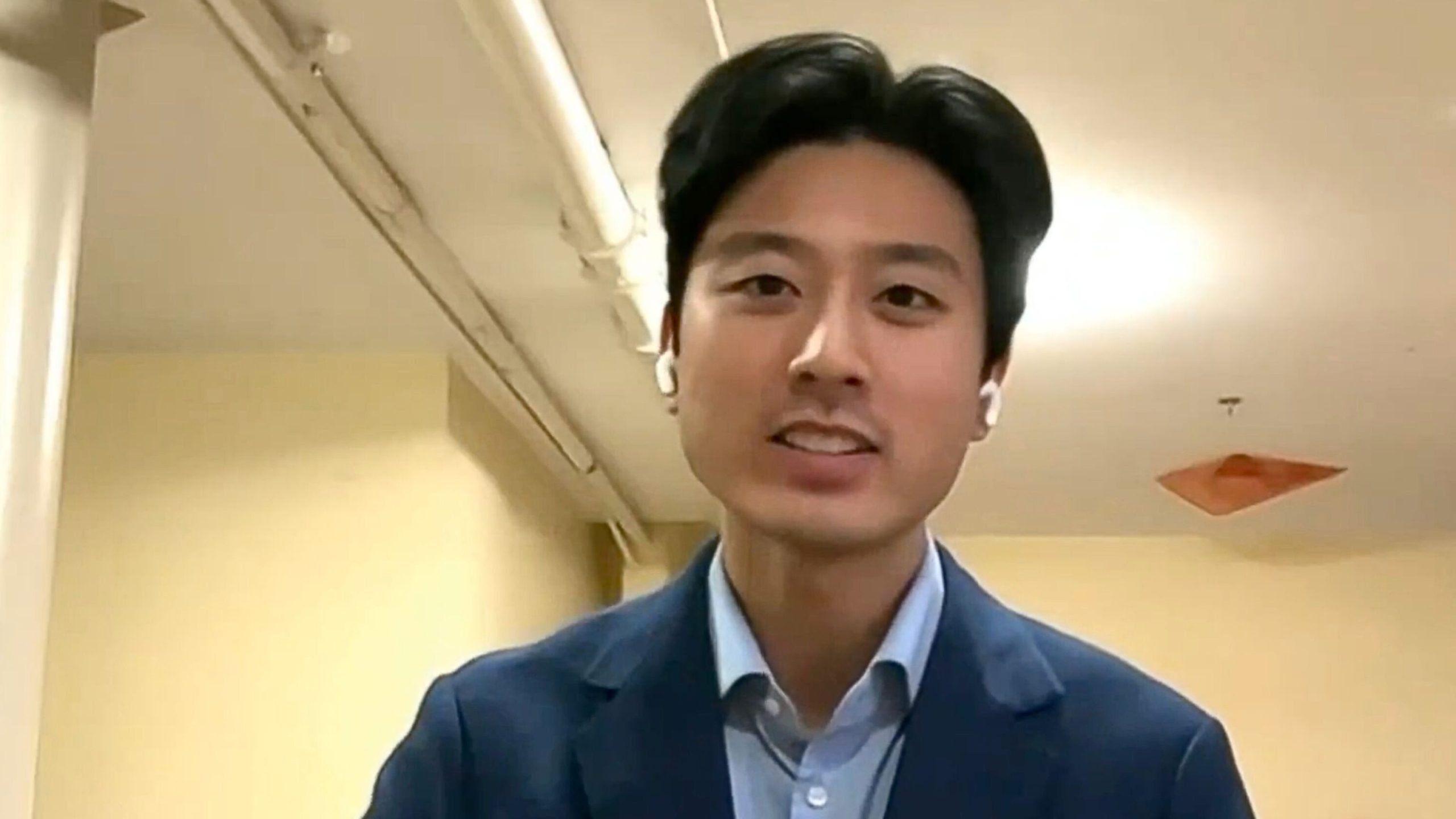A Brown University student journalist is facing administrative scrutiny after sending a mass email to thousands of staff members — an action school officials now claim may have violated policies and caused emotional harm.
According to FIRE, Alex Shieh, a reporter with The Brown Spectator, reached out to 3,805 university administrators on March 18, posing a single question: “Describe what tasks you performed in the past week.” Styled after the playful tone of the Dogecoin meme, Shieh’s email quickly drew criticism from within the university. Two days later, Brown informed him that an “investigation” had been launched into his conduct.
In a formal response, the university alleged that Shieh had “emotionally harmed” several recipients and “misrepresented” his role, despite his confirmed position at the conservative student outlet. Officials also accused him of breaching institutional protocols and warned that his access to Brown’s digital systems might be curtailed unless he returned what they termed “confidential information.”

That warning soon escalated. Associate Dean Kirsten Wolfe, who also serves as Associate Director of Student Conduct & Community Standards, followed up with a threat of disciplinary action for “failure to comply.” She instructed Shieh to prove he had deleted any such sensitive data — though the university has yet to identify what specific information it believes was improperly accessed or published. Wolfe further directed Shieh not to disclose the very existence of the investigation.
Shieh has denied any wrongdoing and argued that the demands placed on him are fundamentally unfair. He noted that even if he had somehow come into possession of confidential material — a claim Brown has not substantiated — producing evidence of deletion would itself serve as incriminating proof, contradicting the university’s stated protection against self-incrimination.
Free speech advocates have voiced concern over the university’s handling of the case, arguing that Brown’s actions risk suppressing student journalism and infringing on due process rights. FIRE emphasized that institutions committed to free expression cannot initiate disciplinary inquiries based on the content of protected speech. “Universities that guarantee their students free expression cannot base investigations on the very speech they promise to protect — and for good reason,” FIRE has stated.
They also warn of the broader consequences: merely informing a student that they are under investigation can have a chilling effect on campus discourse, especially when that investigation appears to hinge on the student’s journalistic work. In Shieh’s case, FIRE argues, the university’s attempt to compel him to produce evidence supporting its own allegations “flips the disciplinary process on its head.”
The underlying principle, advocates stress, is that the burden of proof must lie with the institution — not with the student being accused.
In a statement to Reclaim The Net, a Brown spokesperson stated:
“In the early morning hours of Tuesday, March 18, emails were sent to approximately 3,800 Brown staff members noting the launch of a website that appeared to improperly use data accessed through a University technology platform to target individual employees by name and position description. The website included derogatory descriptions of job functions of named individuals at every job level. While the emails were framed as a journalistic inquiry, the supposed news organization identified in the email has had no active status at Brown for more than a decade, and no news article resulted. We advised employees, many of whom expressed concerns, not to respond, and evaluated the situation from a policy standpoint. That review has informed the steps we’ve taken since. Due to federal law protecting student privacy, the University cannot provide additional details, even to refute the inaccuracies and mischaracterizations that have been made public. We are treating this matter with the utmost seriousness.”










